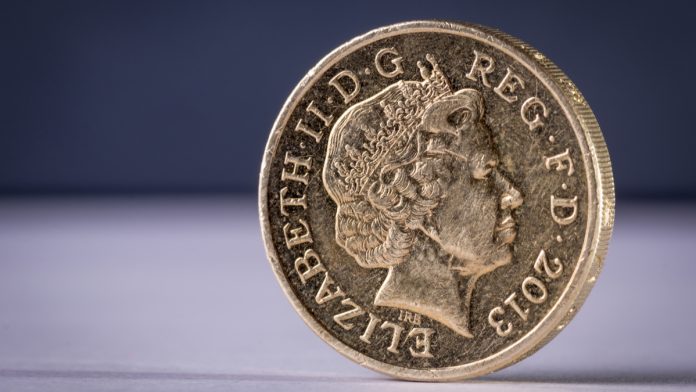Brexit optimism sent the pound surging higher versus the euro on Thursday and again in early trade on Friday. The pound euro exchange rate hit a peak of €1.1380. This is its highest level that the pair has traded at since late May.
The pound trended higher in the previous session and continues to drive higher today on renewed hopes that a Brexit deal could still happen by the 31st October deadline. European Commission President Jean Claude Juncker fuelled confidence that a deal is achievable. He said that if the objectives of the contentious Irish backstop were met through alternative arrangement, the backstop would no longer be needed. He affirmed that “we can have a deal”.
The comments from Juncker boosted hopes that the UK could avoid a no deal Brexit. Pound investors are particularly relieved by this given the economic damage that a no deal Brexit is expected to have on the UK economy. The OECD released a report detailing the economic impact of a no deal Brexit. OECD economists forecast a 3% decline in UK GDP with the UK tumbling into recession should it leave the EU without a deal in place.
Today pound investors will be watching talks between EU chief negotiator Michel Barnier and UK Brexit Secretary Stephen Barclay. Any hints that progress towards a deal is being made could lift the pound higher.
| Why is a “soft” Brexit better for sterling than a “hard” Brexit? |
| A soft Brexit implies anything less than UK’s complete withdrawal from the EU. For example, it could mean the UK retains some form of membership to the European Union single market in exchange for some free movement of people, i.e. immigration. This is considered more positive than a “hard” Brexit, which is a full severance from the EU. The reason “soft” is considered more pound-friendly is because the economic impact would be lower. If there is less negative impact on the economy, foreign investors will continue to invest in the UK. As investment requires local currency, this increased demand for the pound then boosts its value. |
Will Eurozone Consumer Confidence Boost Euro?
The euro traded mildly lower in the previous session although has remained buoyant across the week. Whilst the European Central Bank loosened monetary policy last week, it also stressed the need for countries within the bloc to supports its monetary stimulus efforts through fiscal spending. There are signs that governments, such as France are in favour or such as move. Fiscal spending creates inflationary pressures and therefore boosts the currency.
Euro investors will now look towards eurozone consumer confidence data for further clues as to the health of the eurozone economy. Analysts are expecting consumer confidence to remain roughly equal to where it was in July. As stronger reading could boost the euro should optimism over current personal finances and jobs overshadow pessimism over the general economic outlook.
| What do these figures mean? |
| When measuring the value of a pair of currencies, one set equals 1 unit and the other shows the current equivalent. As the market moves, the amount will vary from minute to minute.
For example, it could be written: 1 GBP = 1.13990 EUR Here, £1 is equivalent to approximately €1.14. This specifically measures the pound’s worth against the euro. If the euro amount increases in this pairing, it’s positive for the pound . Or, if you were looking at it the other way around: 1 EUR = 0.87271 GBP In this example, €1 is equivalent to approximately £0.87. This measures the euro’s worth versus the British pound. If the sterling number gets larger, it’s good news for the euro. |
This publication is provided as general information only and is not intended as an exhaustive treatment of its subject. TransferWise Inc. and its affiliates (“we” or “us”) expressly disclaim any contractual or fiduciary relationship with you on the basis of the content of this publication, and you may not rely thereon for any purpose. You should consult with qualified professionals or specialists before taking, or refraining from, any action on the basis of the content in this publication. The information in this publication does not constitute legal, tax, investment or other professional advice from us. We make no representations, warranties or guarantees, whether express or implied, that the content in the publication is accurate, complete or up to date, and DISCLAIM ANY IMPLIED WARRANTIES OF MERCHANTABILITY OR FITNESS FOR A PARTICULAR PURPOSE.





